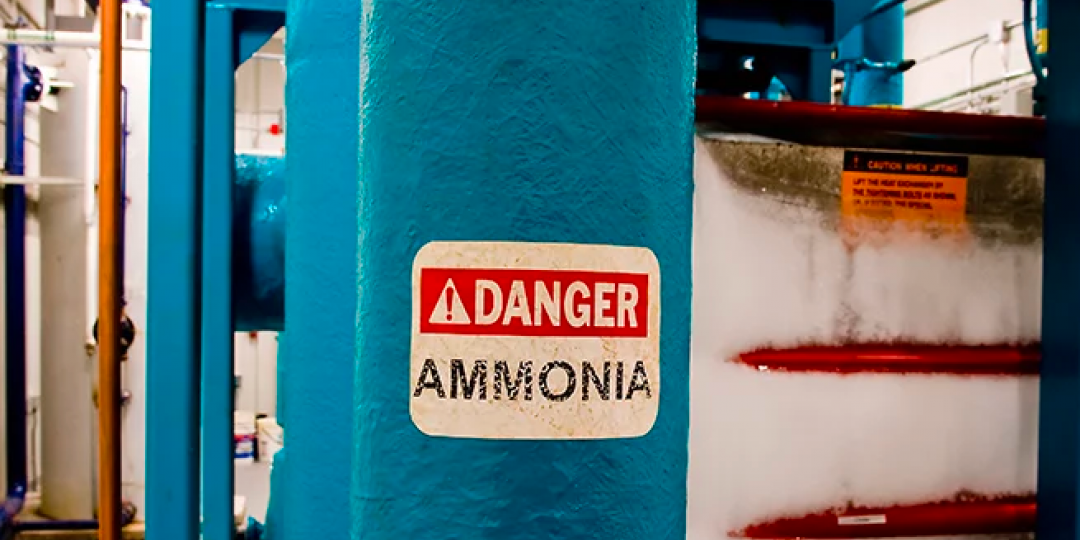Plans are under way to conduct a feasibility study into the use of ammonia as a marine fuel in Singapore.
It’s a joint venture by AP Moller-Maersk Fleet Management, Keppel Offshore & Marine, Maersk Mc-Kinney Moller Center for Zero Carbon Shipping, Sumitomo Corporation, and Yara International who have entered into a Memorandum of Understanding (MoU)
Emitting zero CO2 when combusted, ammonia has long been considered as one of the most promising alternative marine fuels to reduce greenhouse gas (GHG) emissions in the shipping industry, and this is in line with the International Maritime Organization (IMO) strategy to reduce CO2 emission by 2050, according to a statement released by the partners yesterday. “In particular, green ammonia possesses great potential as it is produced from only renewable electricity, water and air with no CO2 emission.”
The study aims to cover the entire end-to-end supply chain of ammonia bunkering, which includes the development of a cost-effective green ammonia supply chain, design of ammonia bunkering vessels, as well as related supply chain infrastructure. Relevant government agencies and experts in Singapore will be engaged in working towards the standardisation of safe operation and regulations, according to the statement. The study will assess the supply of ammonia, including potential synergies with Liquefied Petroleum Gas (LPG) as a starting point.
“Alongside methanol, at AP Moller-Maersk we see green ammonia as an important future fuel for the decarbonisation of our fleet,” says Morten Bo Christiansen, VP and head of decarbonisation at APM. “A dual fuel ammonia engine is currently under development, but for green ammonia to fuel our vessels in the future we also have supply, infrastructure and safety-related challenges to solve, not least when it comes to bunkering operations.”
“With this MoU, we are embarking on our ambition to build the world's first ship-to-ship ammonia bunkering base, which highlights our commitment to offer our customers the best-available and technologically proven solution to reduce the emission footprint from maritime transport,” said Hajime Mori, executive officer of Sumitomo Corporation.













